Despite advances in building technology, working patterns on rural and heritage construction projects are still dictated by the seasons and must be planned well in advance. Ignore them and the project will cost more and take longer.
Countryside and wildlife legislation has the major seasonal impact on rural projects. Preventing destruction of protected species and their habitats is the main concern, with bats, owls, nesting birds and great crested newts being headline groups. Re-roofing, repointing stonework, barn conversions and new builds near water are examples of work likely to require an ecology survey and mitigation measures.
Planning and Listed Building Consent applications will not be accepted by local authorities unless accompanied by a recent ecology survey, but they can only be undertaken at certain times of year. This is dependant on species identified and their activity/hibernation seasons. Needless to say, early booking with ecology experts is essential. Miss out on the survey season and you will have to wait until the following year – a story which is sadly not uncommon.
Building work on rural and heritage projects cannot easily be undertaken in winter. Access to remote sites can be impractical and the use of lime mortar, render or plaster in cold conditions (or summer heat) will lead to it failing. Hot mixed lime has extended the working season but it is still not a year-round activity.
Opening up the structure in wet or frosty weather invites later difficulties with drying out and defects, but disturbance of bats by building and roofing work is often restricted to the dormant period of 1 October to 31 March. Working during this period may require a scaffolded, temporary roof over your building.
Human working patterns are dictated by the seasons and the peak holiday periods of Christmas, Easter and August cause a shortage of staff in consultants practices, officials offices and building contractors. This can extend the time taken for the preparation of designs, granting of consents and carrying out of building works. Of course, we cannot ignore the impact of the coronavirus pandemic with local authorities battling a backlog of consent applications, often prolonging the approval process.
For a typical barn conversion it is not uncommon for a pre-construction period of seven to nine months between deciding to go ahead and actually starting on site – ignore the seasons and this could be 12 months or more.
Further information
Contact Savills Heritage Planning
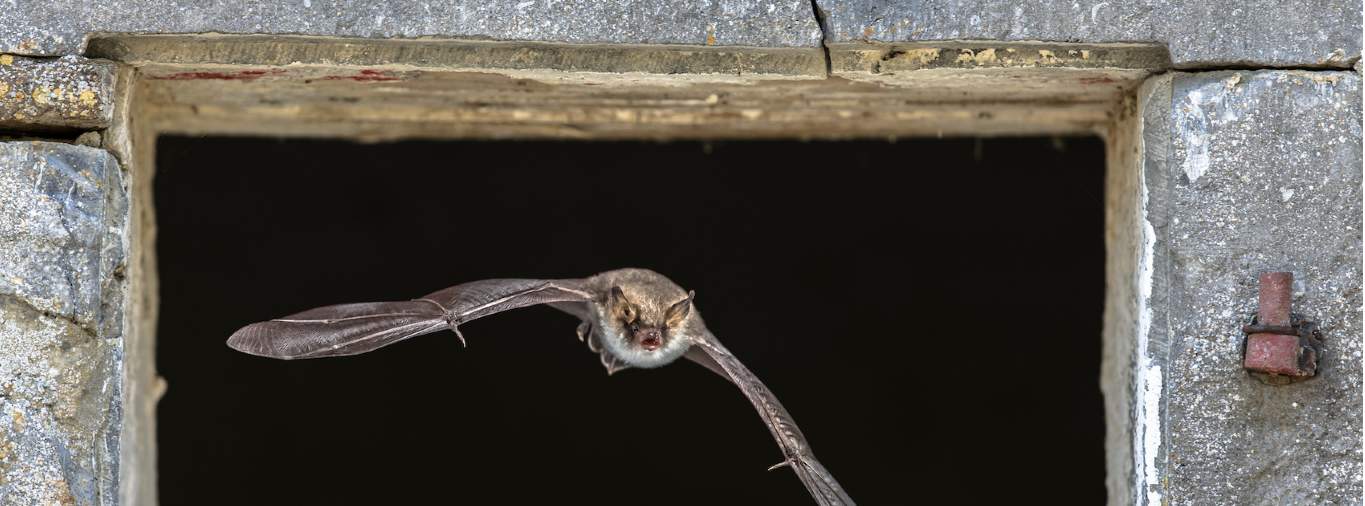
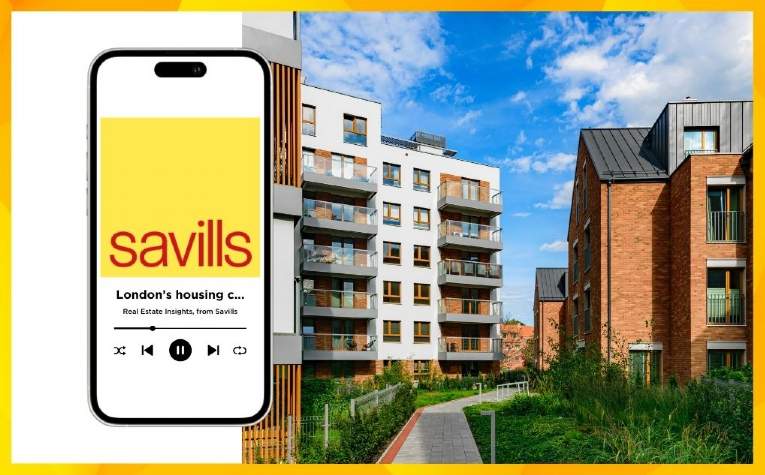
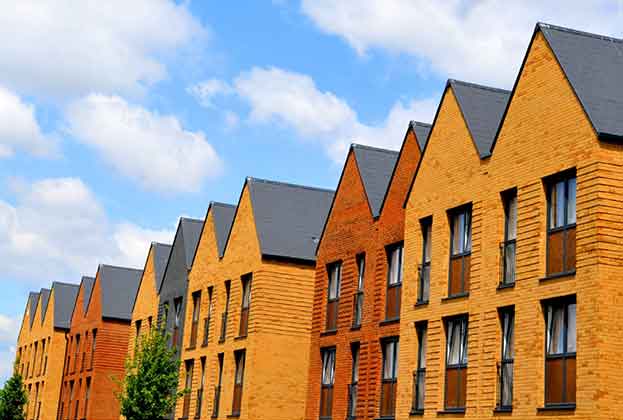
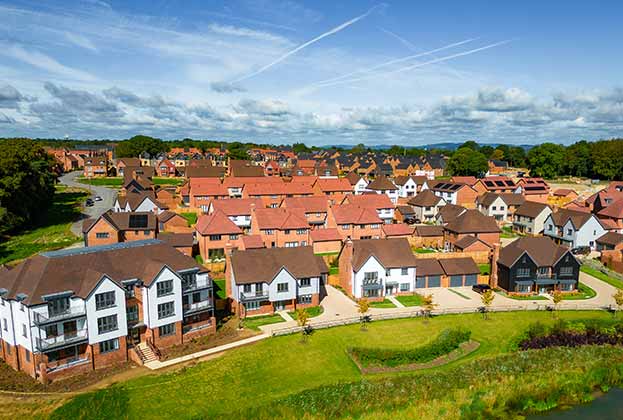
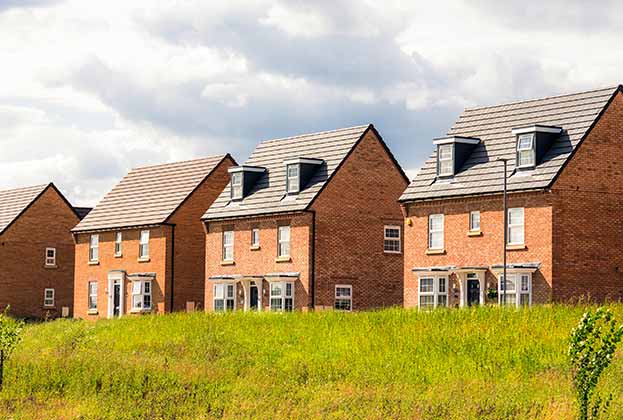
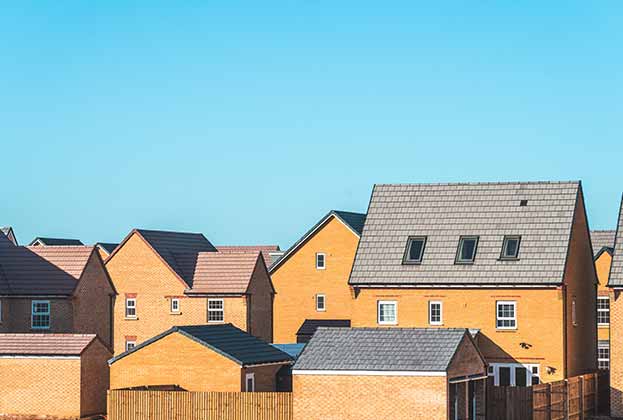
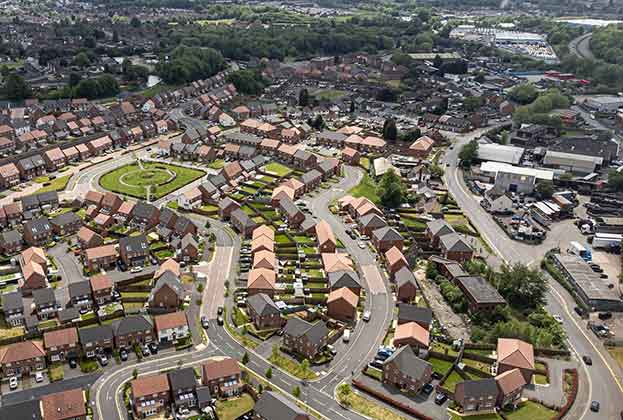
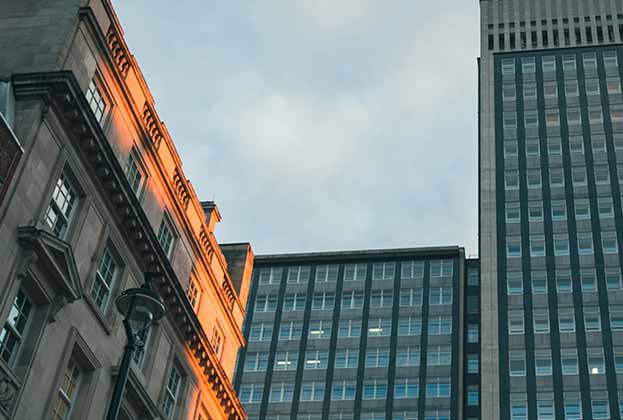
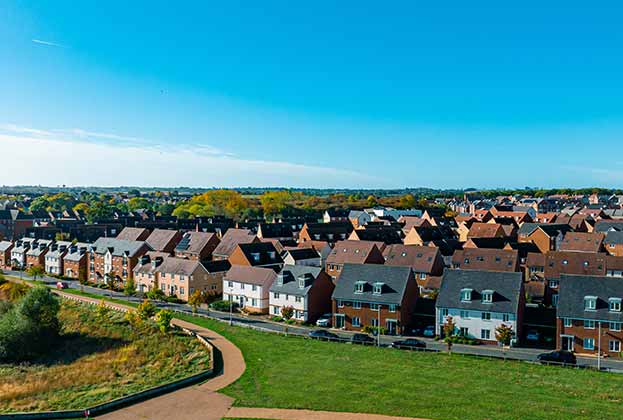
.jpg)
.jpg)